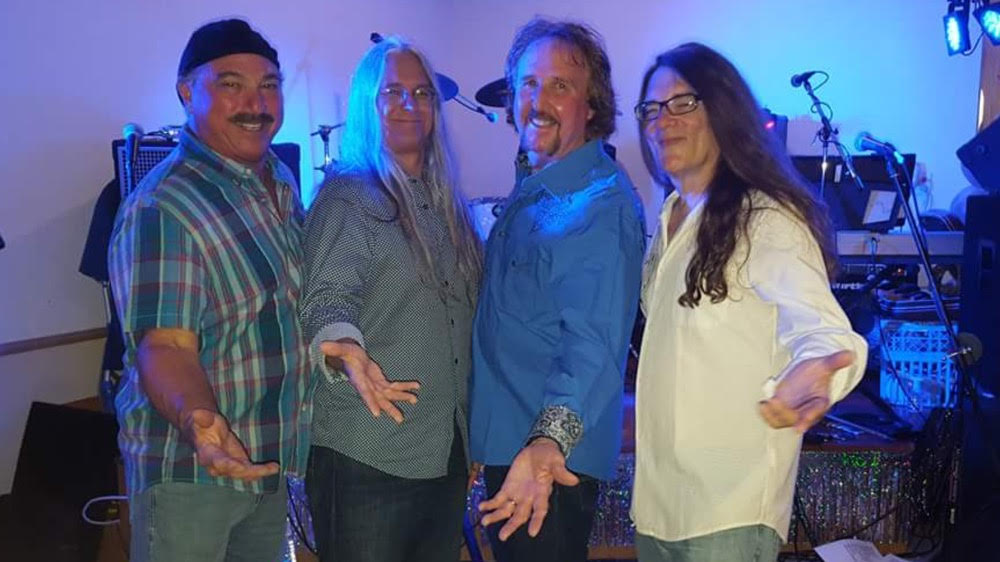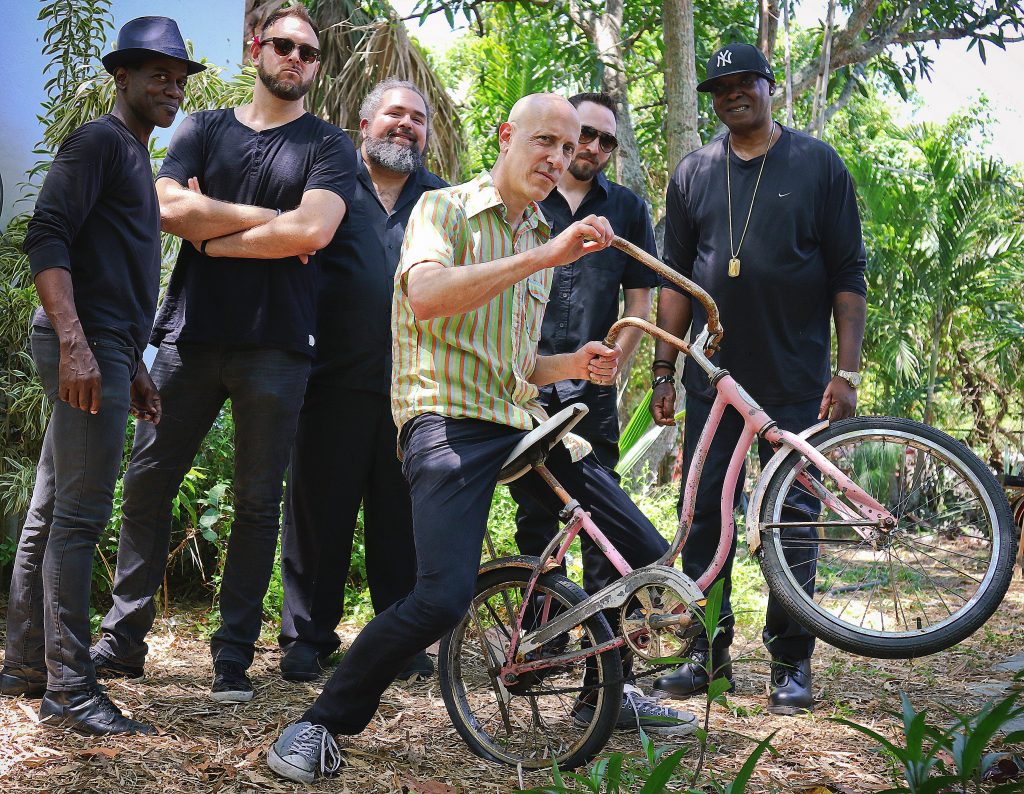Rick Smith was celebrating the tenth anniversary of his band, the Big City Dogs, when COVID-19 was declared a pandemic last March. He is the lead guitarist and vocalist for the classic rock band, which went from having eight to ten shows per month to between two and five shows.
“We’re a four-piece band that unfortunately is expensive by most places,” he said. “They can’t afford to pay a full band these days.”
Smith said that performing has also been difficult because of the social-distancing guidelines required to reduce the risk of spreading COVID-19.
“With social distancing, you can’t put as many people in your establishment,” he said. “And many cities are not having and do not want to have big events in fears of spreading the virus.”
Smith and the Big City Dogs’ concerns mirror those of many bands that have struggled because of the pandemic.

Pete Lavezzoli, drummer and singer with Crazy Fingers, a Grateful Dead tribute band that performs throughout South Florida, said the group has relied on online streaming and unemployment benefits.
“We began the COVID period by solely playing studio webcasts for donations because all live music venues were closed for two months,” he said. “Beginning in early June, a handful of outdoor, open-air venues began opening for business again, and we began to carefully and gradually play in select shows in these outdoor open-air venues. As a result, the band tapered down our webcasts to a couple of shows a month online instead of one per week.”
Lavezzoli said that aside from online tips and donations from fans, band members depended on the assistance offered by the government.
“We all relied heavily on state unemployment benefits and the COVID stimulus relief package from the U.S. government,” he said. “As taxpayers, we feel this was a well-earned and much-needed assistance package. Apart from the online donation support of our fans during the lockdown and still continuing now, the government assistance money has been important.

Andrew Yeomans, founder, and leader of the well-known South Florida band Spam Allstars, stopped performing live concerts to prevent the spread of COVID-19 to his bandmates and audiences. Instead, he turned to studio work that included small recording sessions and archives for other record labels.
“I told my manager that I’m not going to pursue any gigs until everybody’s safe again, so let’s just take a break from that,” he said.
Despite COVID-19 issues, the three bands said that these changes should not stop other bands from persevering.
However, Lavezzoli said that while bands should continue to play, they should ensure safety guidelines that require social distancing.
“Until there is a vaccine that has been absorbed by the general public, full capacity shows in crowded indoor spaces is a public health impossibility,” he said. “Try to play outdoor venues as much as possible. All musicians need to be extremely vigilant with their own health and safety by wearing masks while performing and remaining socially distanced.”
Yeomans believes that, despite the virus, aspiring musicians should not give up on pursuing a career in music.
“Whatever your business is, you always have to think and come up with creative solutions,” he said. “Be very experimental and flexible, and make it fun for yourself. Otherwise, you’re setting yourself up for disappointment.”
































